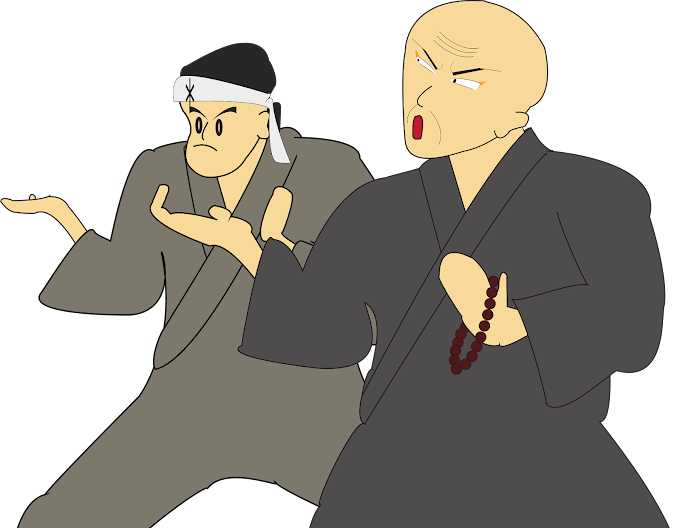I was running late for work last Tuesday. You know how it goes alarm didn't go off, coffee spilled on my shirt, couldn't find my keys. The usual morning chaos. As I finally rushed out the door, I noticed my elderly neighbor struggling with her groceries. My first thought was "I don't have time for this." But something made me stop. Two minutes. That's all it took to help her carry those bags inside. The smile on her face? Worth every second. And strangely, I felt lighter the rest of the day, despite being late.
That's the thing about good deeds they're sneaky like that. You think you're giving something away - your time, your energy, your attention. But somehow, you end up receiving more than you give.
Science backs this up too. When we do something kind for someone else, our brains release dopamine, serotonin, and oxytocin the feel-good chemicals that boost our mood and reduce stress. It's like a natural high, but without the crash afterward.
But it goes deeper than just brain chemistry. Doing good deeds connects us to something fundamental about being human. We're social creatures, wired for connection and community. Every time you hold the door open for a stranger or text a friend who's going through a rough patch, you're strengthening the invisible threads that bind us together.
I remember when my bike broke down on a village road last year. No phone signal, miles from anywhere. A farmer stopped, helped me fix the problem, and refused to anything from me. "Just help someone else when they need it," he said. That moment stayed with me how a simple act from a stranger made me feel less alone in the world.
The beauty of daily good deeds is that they don't need to be grand gestures. Small acts count just as much, sometimes more. Listening without checking your phone. Complimenting someone genuinely. Picking up trash that isn't yours. These tiny moments of goodness ripple outward in ways we can't always see.
And here's the real magic doing good deeds consistently reshapes how you see the world. You start noticing opportunities to help everywhere. That critical inner voice gets quieter. You become more patient, more present. It's like putting on glasses that let you see the humanity in everyone around you.
Some days will be harder than others. You'll be tired, stressed, overwhelmed. That's when a simple good deed might matter most to you and the recipient. Because on our worst days, we need reminders that we still have something valuable to give.
So why should you do a good deed every day? Because it makes your corner of the world a little brighter. Because it reminds you of your power to affect someone else's day. Because in a world that can sometimes feel cold and indifferent, your small act of kindness might be the very thing that restores someone's faith in humanity.
And honestly? Because it feels good. Not in a selfish way, but in a deeply human way. The kind of good that reminds you who you really are.
Try it tomorrow. Just once. See what happens. That's how habits start…









If you have any suggestions let me know...